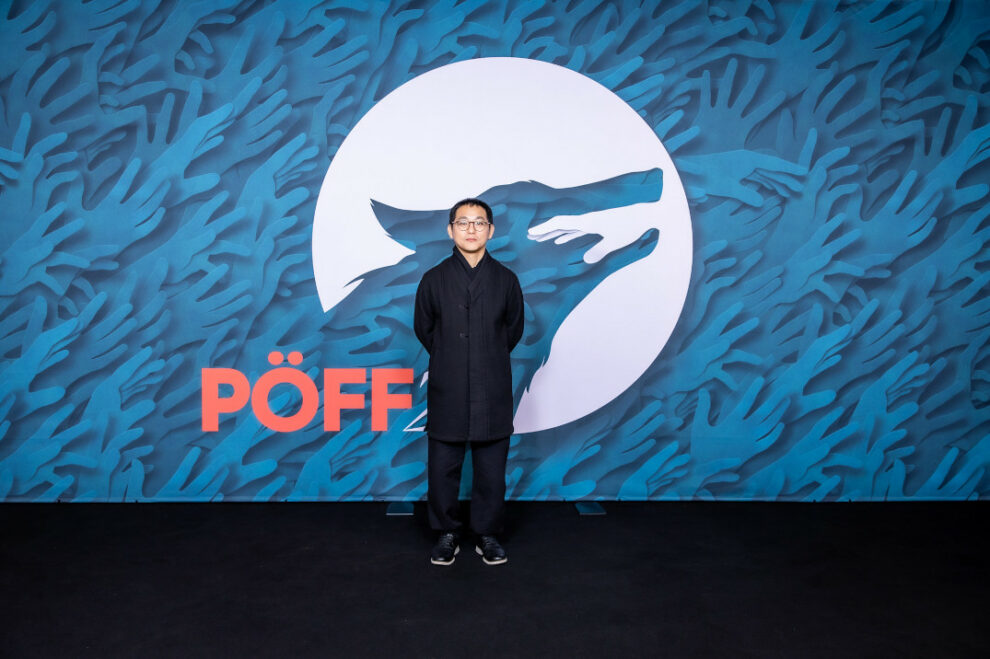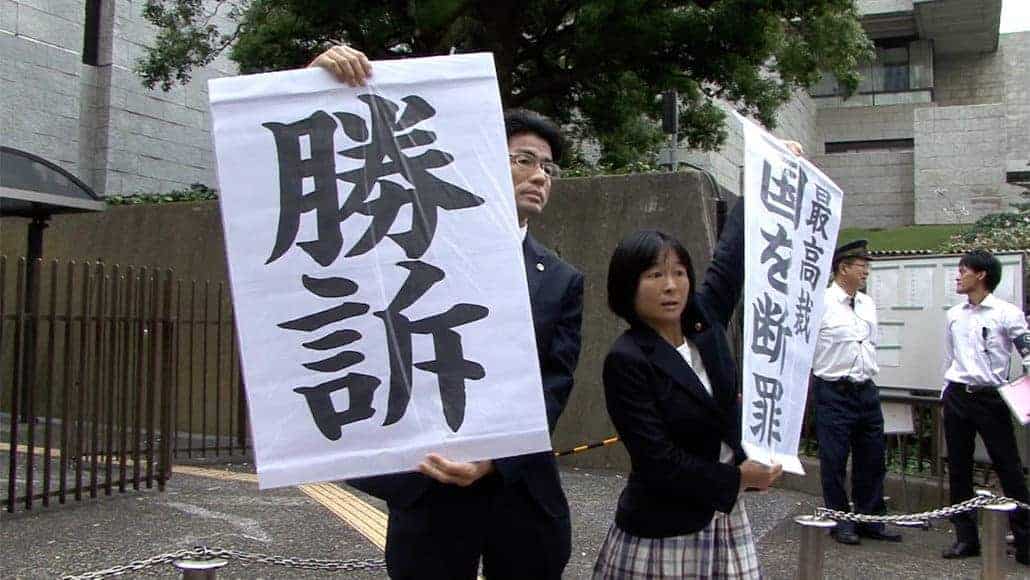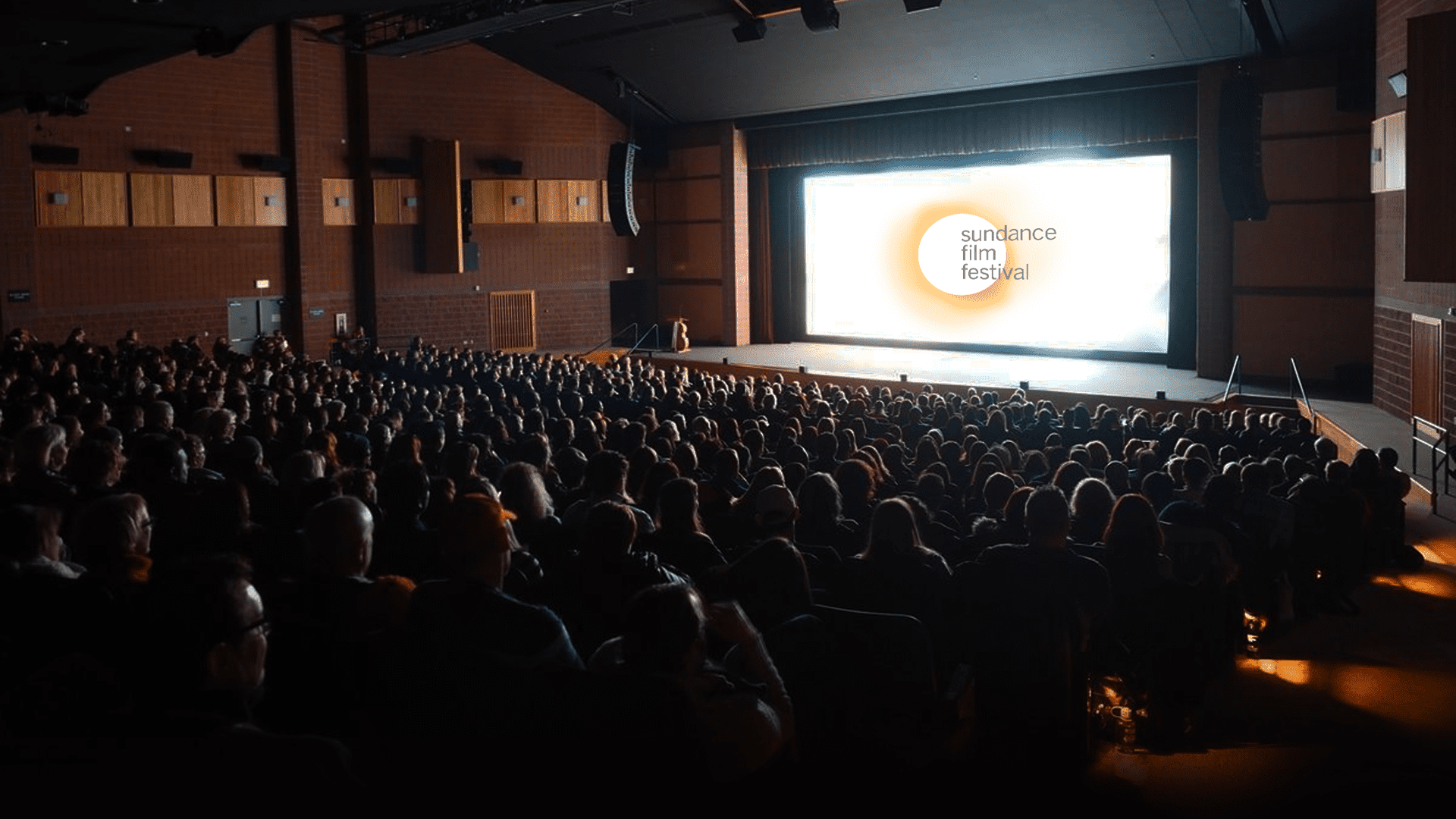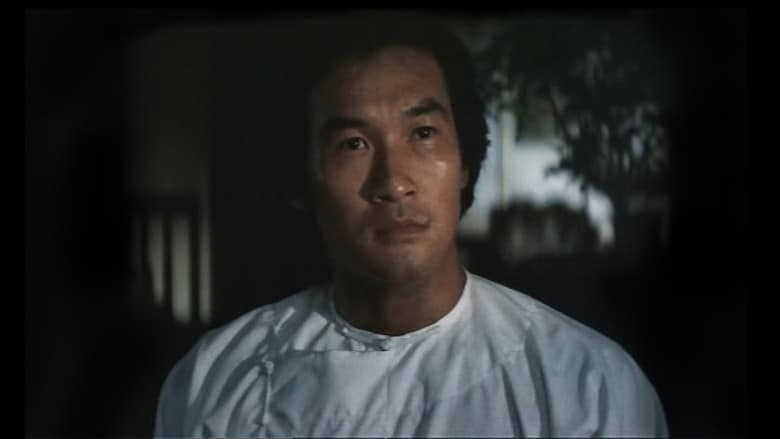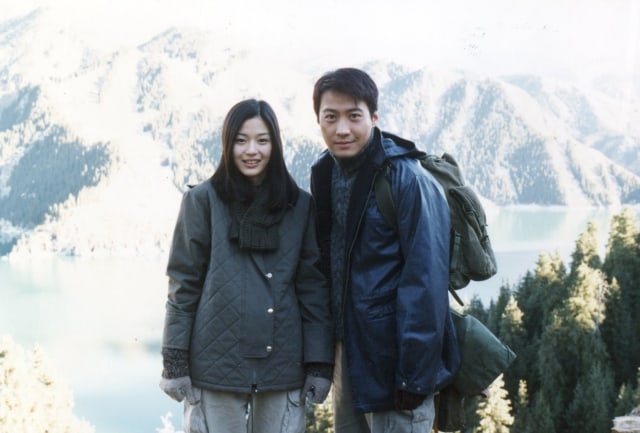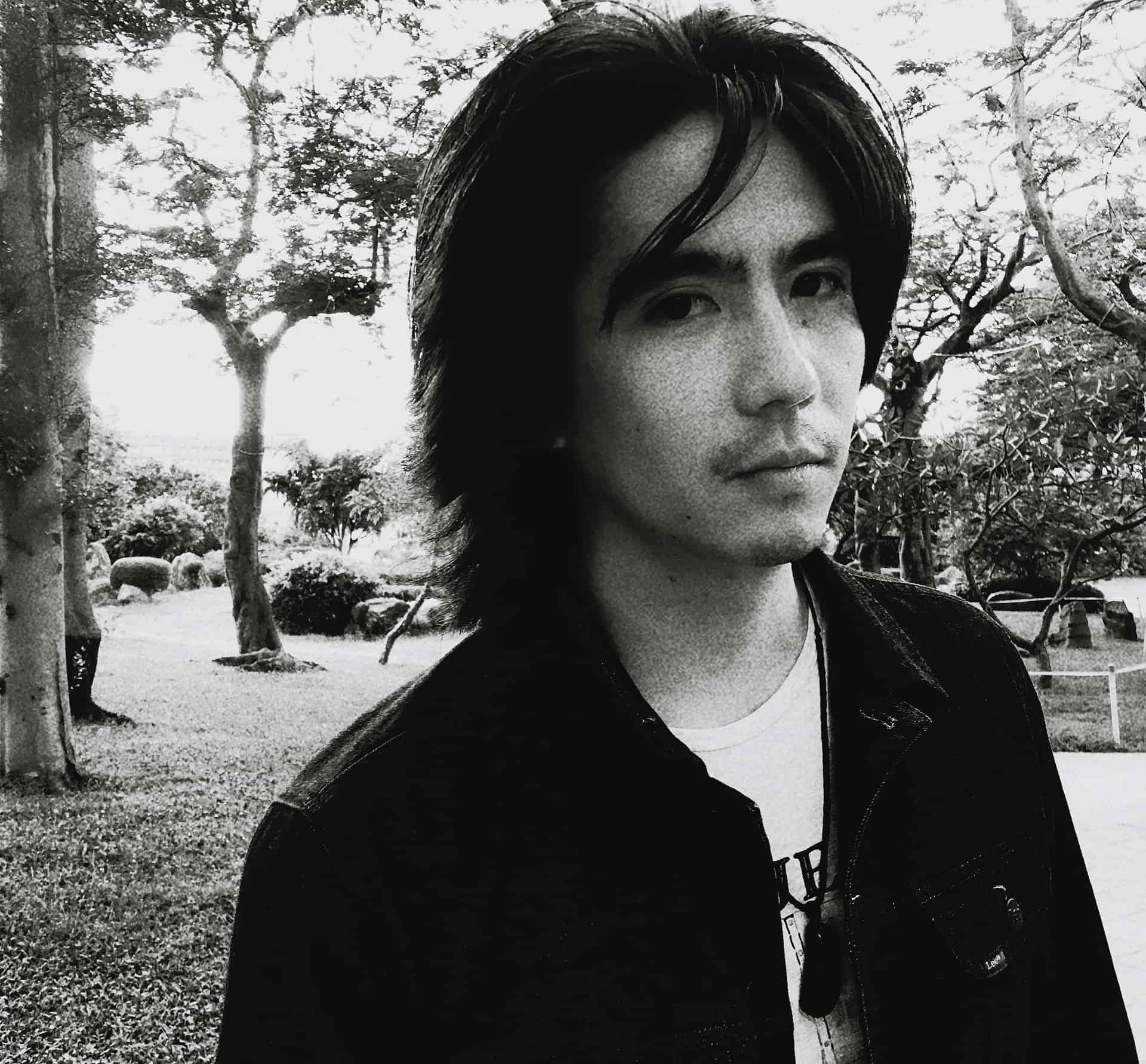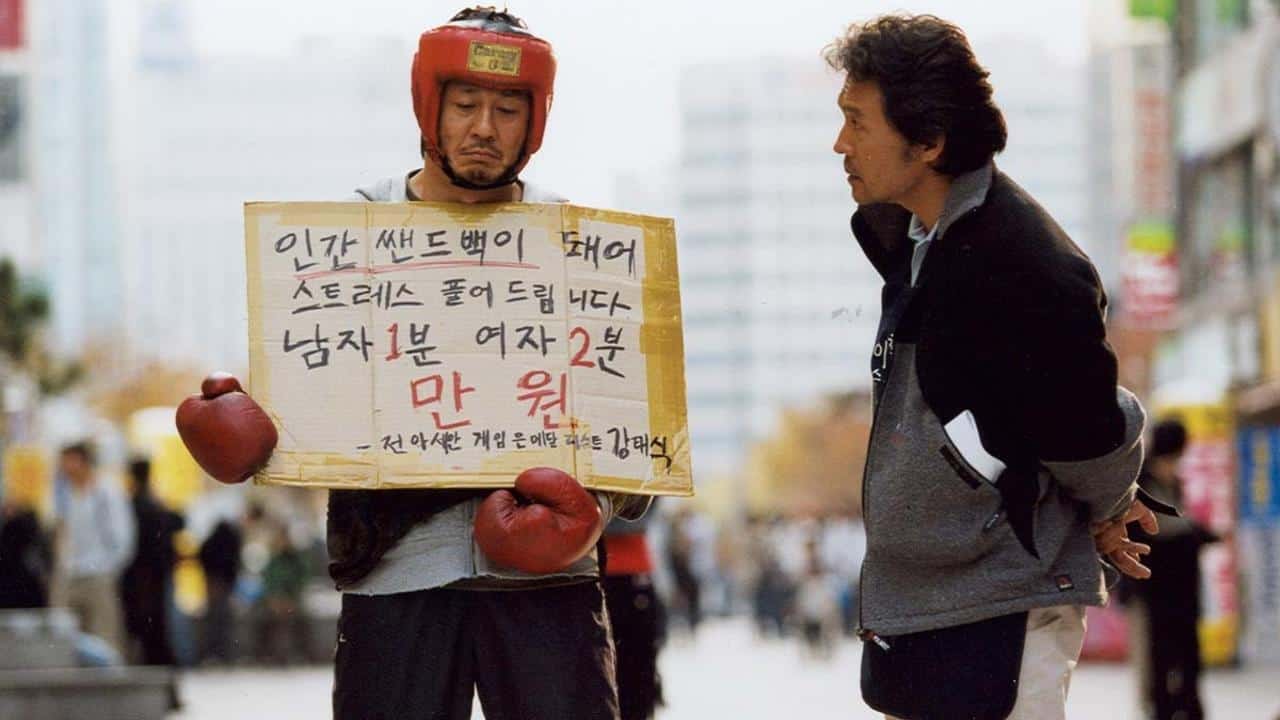Cho Kyu-jun started his filmmaking career about a decade ago with “Your Paradise”,a 15-minute drama that premiered in the Panorama section of 14th Seoul International Newmedia festival. He continued making independent shorts and one feature called “Somehow” (2014), about a single, teenage mother and her hardships. Cho took a lengthy break after his 6th short “The Rite of Spring” and started working as a production manager in the domain of film funding. He admits that it is hard to make a new movie and write a solid story, which is why he decided to promote ideas. When he started working for a small production company, he couldn't see that there was a pandemic coming our way, the same that has stopped the whole film industry for two long years: “Many projects were held back, and Korea was not an exception. So, I had no choice but to start making my own movie with my own means”. The Korean helmer collected his colleagues and actors, because as he says “he simply had to take things in his own hands”.
This is the background of “October Metafiction”, a complex drama of trauma and healing that stars a former fashion model and TV actor Jang Mi-gwan in his first big screen appearance. He is playing a young father Isaac who has to face his past when a mysterious young woman appears on the same secluded camping spot in the woods where he is spending, what he believes to be, some quality time with his teenage daughter who happens to be an Instagram influencer. The film is competing in the Official Selection of Tallinn Black Nights film festival.
We met the director right before the world premiere to ask him about his complicated story about guilt and forgiveness, anger and its management, re-told from different angles, and about the AI used to manipulate language and ‘improve' a detail or two.
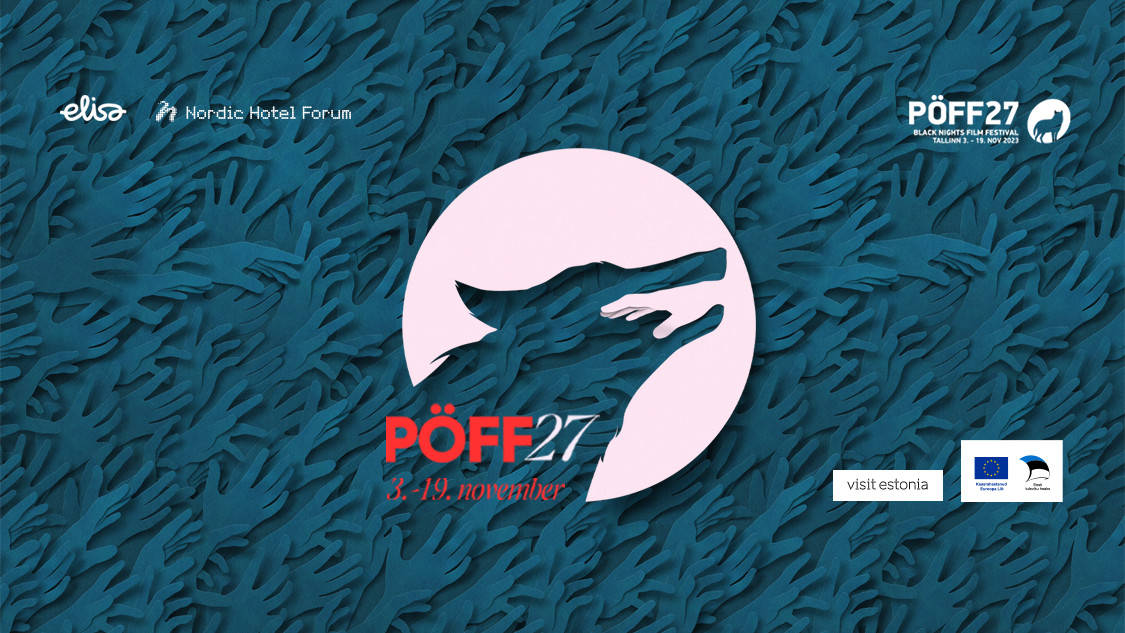
Can you tell us something about the title of your movie?
I was very directly attached to the word “metafiction”, which is basically me saying that the movie is neither fiction nor a “true story” because its narrative is multi-layered. As a director, when I talk to the actors, I discuss with them what good acting means and is. In my opinion, a good actor should be capable of portraying something that doesn't only come out as realistic but actually as real. When they are doing or showing something, that must be believable as it is not supposed to be artificial. Then I finally came to this idea to add another level of reality the actor should reach to.
You also put yourself in one of the roles, so to speak.
You mean the director?
Yes. I see a touch of cynicism in it.
He is actually doing precisely what I am trying to achieve – connecting fiction to reality. There is a screen in screen so to speak. He is a director, and at the same time an actor. He is writing the story in itself, different from the one at the beginning. He is connecting the inside with the outside of the screen.
When Quark (Jin Kwak), the mentioned film director speaks to Isaac (Mi-kwan Jang), he is asking him plenty of questions regarding the famous playwrights and his understanding of plays. You are referencing Franz Kafka. How much is his writing inspirational for you?
While I was writing the script, I was thinking a lot about Kafka's “Process” which is pretty much about the irony of reality. When I read his book, I thought how incredible it was because even if so much feels like fantasy, it has that much deeper dimension, and it is more than real. In the film, the director is making the idea for his story that he is going to write. That was the way I implemented this idea.

It is interesting that all your characters except for Quark play very serious roles, while he is over the top in everything he does. Why did you make such a strong contrast in character building?
In the story, things are mixed in many ways. For instance, tragedy and comedy, reality and fantasy they all come together. This is especially visible in the knife scene in the tent. There are different interpretations of the situation. There is a moment when Isaac is confronted with the fact that what he is doing is not real acting.
How would you describe your movie in simple words?
In reality, there is no specific boundary between fantasy and non-fiction, and people gradually realize that this is basically true.
At one moment, the audience realizes that they became part of a stage play. Can you explain that decision?
There is only one scene in which Isaac should act really well which is why I put him on the stage to become an improved version of himself, a good performer which was the goal.
What was your script inspired by?
I worked as a volounteer in Korea for the organisation that took care of young delinquents. I met this kid who was adopted and suffered a lot because his parents abandoned him. He was deeply scarred, so I took a great interest in him. I wanted to make a film about it one day, so I started doing my research about the impact of abandoment on children's soul.
You used AI to manipulate the voice of the lead actress (Jo Seo-young ) who actually can't speak Japanese at all, but we do believe that she is speaking the language. Everything is in sync and the deception is perfect.
That's true. The actress wasn't able to speak Japanese. I was actually trying to find a Korean actress fluent in Japanese to no avail, and since I have a friend who is working in an AI company, he gave me the idea to do it differently. He said that if I gave him her voice sample it would be possible to create the same emotion and the same colour of voice. I agreed to try and was pretty surprised by the result. There was another thing that we manipulated with the AI, and that's her visual diary. I asked someone who majored in art to see what could be done and the result satisfied me. We also spoke about this with my AI friend who explained that I could put some comments in the AI generator, and what came out was amazing – much better than any human could do. So I used it for my story.
Regarding the actors, how do you cast them?
The lead actor Mi-gwan had a contract with my company and he really wanted to kick off his acting career. So far, he has been in TV series only, so this was the first time he was given a chance to be in a movie. He actually asked me to give him a chance. At that time, I needed someone that enthusiastic. We met a couple of times, and there were many things from his own life that came handy later on. He was a famous fashion model and gained popularity in TV series, so we actually used that for the film. He is part of my construct to bring reality to fiction. I didn't bring on the joke about an unconvincing actor deliberately.
Can you tell us something about the shooting location?
I searched for a place somewhere in the middle of the forest where there is nobody, because that was absolutely essential to make the connection between Isaac and Mary. When you watch the film, you see two main actors who are sleeping in a tent. I want to have them secluded, connected to mother nature. Isaac had to be born again as a new person.
How does it feel like to be selected in the main competition programme of one of the so called A-list festivals?
We are totally honoured to be here, because it's been such a long time since I made my last movie. I feel embraced by people here, and feel very excited and motivated to share the cinema experience with the audience.


